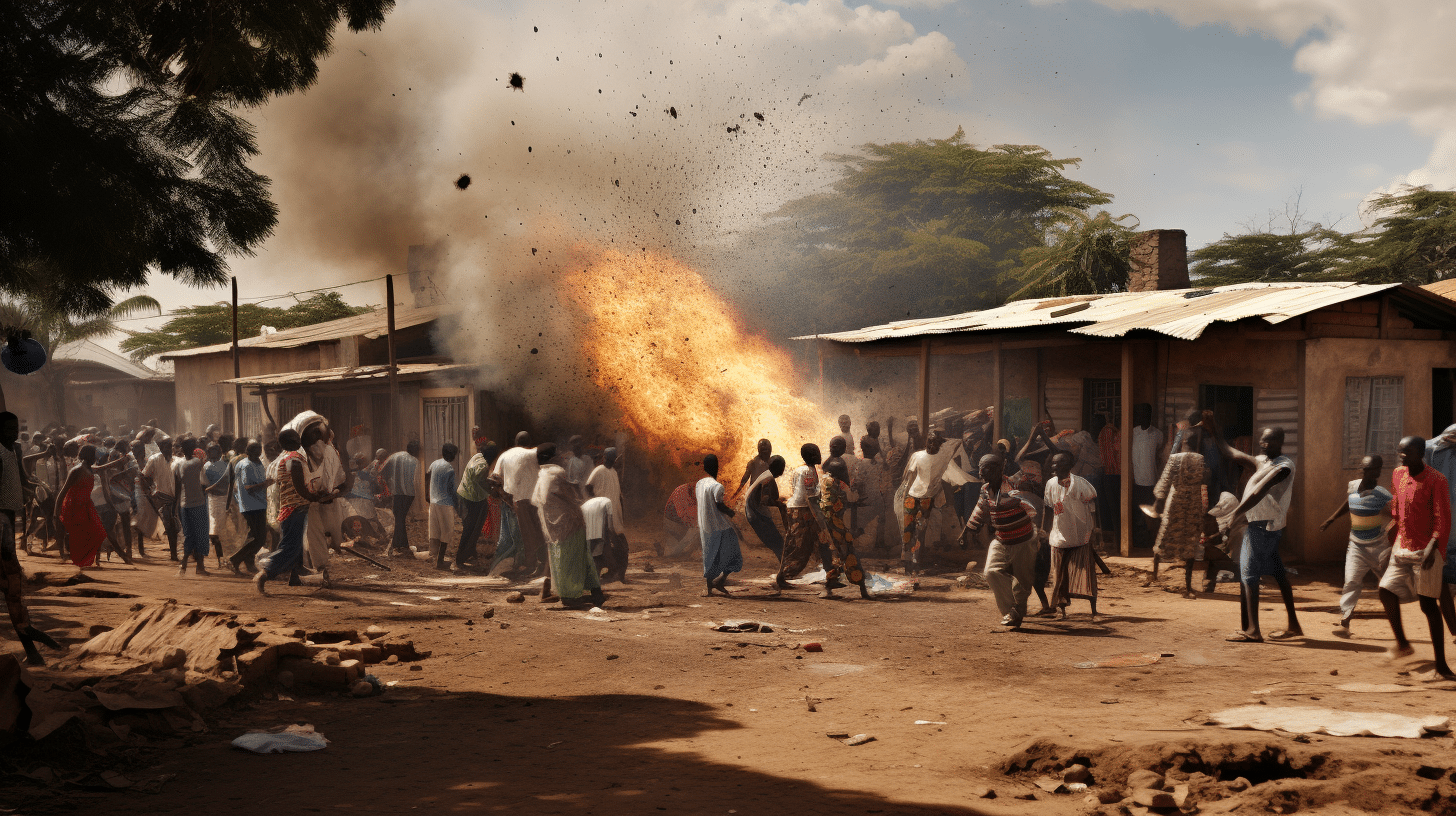Disaster is a serious disruption of the functioning of a community or society causing widespread human, material, economic or environmental losses which exceeds the ability of the affected community or society to cope using its own resources.
Examples of disaster are; floods, landslides, heat waves, building collapse, fire, explosion, civil disturbances/violence.
Rift valley is one of the former provinces in Kenya before the enactment of the new constitution of the republics of Kenya. This region has been largely affected by frequent violence in various places around the region.
Causes of violence in Rift Valley.
There are many factors that have contributed to violence in Rift Valley region. They include;
2 .Ethnicity
3. Land allocation and distribution.
4. Economic and political inequalities in resource distribution.
5. Culture of impunity.
6. Lack of peace building mechanism.
7. Poverty and unemployment.
8. IDP (internally displaced persons) return and resettlement.
9. Patrimonial and ethnic-based politics.
Impacts of Violence in Rift Valley.
There are various effects which have been brought by the violence in rift valley region and these include;
- Loss of life.
- Mistrust and hatred among ethnic communities.
- Poverty.
- Food insecurity.
- Environmental degradation and loss of wildlife.
- Disempowerment of women, elders and youth.
- Ethnic discrimination.
- Massive displacement of people.
- Increase crime rates both in peri-urban and semi-arid region.
- Breakdown of family unit through divorce and other marital problems.
Recommendations.
- District peace committees are to be recognized by the government.
- There is need to strengthen initiatives, institutions and organization which support civil education, conflict management, peace building and human right training which are currently being undertaken but have very low capacitance.
- The peace building intervention being put in place should include promoting understanding of reality of poverty, resource constraints, investment opportunities and livelihood strategies.
- There is need to empower communities with strategies to embrace the project of the national commission for social cohesion, which will be a long term issues beyond TJRC.
- The national commission for social cohesion should invest in peace, media and democratization.
- Conscious efforts should be made to link peace and development, as a way of responding to relative lack of development initiatives in arid land especially in the North Rift.



0 comments